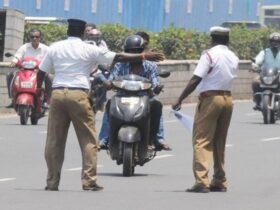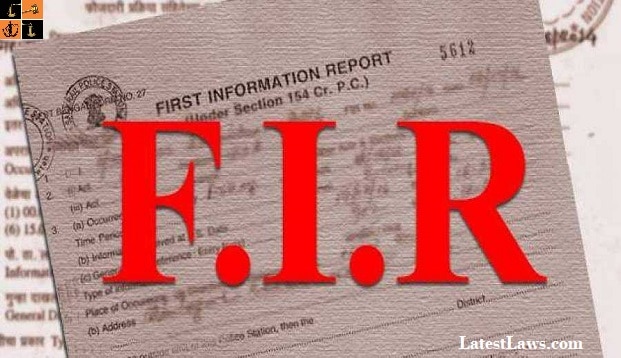After an FIR is filed, how do Police and Court proceed ? We all know that if we have any complaint against anyone, we go to a police station and register our complaint. After receiving after complain, the police usually files a FIR. Now, in this article, we will be going through all the processes that takes place after an FIR is filed.
- Police investigate the FIR usually by arresting the accused and sending him/her to police custody or judicial custody. If sent in Police Custody, the accused can be detained for 24 hours which extendable up to 15 days by the appropriate magistrate. Judicial custody can detain the accused for up to 90 days.
- Police send the case to magistrate court to be registered as CC (Calendar Case). It is like a reference number for your case. It usually takes 2 to 6 months but can take up to 2 years.
- A hearing is decided by the Magistrate court for the CC. On the hearing day, Magistrate asks the accused to appear in the court (From jail if bail is not granted). Usually takes 3–4 hearings but could take up to 1 yr for all the hearings.
- If the case is triable by Sessions Court, Magistrate Court will commit the case to Sessions court otherwise Magistrate will deem to move forward with the hearing of the case. It is usually decided in the first 2 hearings.
- After the first few hearings (usually 2), Chargesheet is called by the court. Chargesheet is usually filed by the investigating agency. Chargesheet is a final report submitted by the investigating agency to prove the crime of the accused in court. It usually takes 6 to 8 months but can take up to 2 years.
- The charges framed against the accused are read out to him in a court (framing of charges) and then asked for a plea, whether guilty or not guilty of the charges framed against him.
- If the accused pleads not guilty, the prosecution commences with evidence and presents them before the court. Witnesses are brought on the stand and examined, their statement is recorded by the court. Lawyer for defence can cross-examine the witness. Usually takes 2 to 3 hearings.
- After prosecution side presents all its pieces of evidence and witnesses, the statement of the accused is taken per section 313 of CrPC (written/oral). The accused also has to sign a new bond per section 437A in some cases that allow appeal time.
- The same process takes place again, but this time the defence presents evidence and witnesses. The prosecutor cross-examines all the witnesses. Usually takes 2 to 3 hearings.
- After hearing the counsel arguments, a closing statement is given by both prosecution and defence. Usually takes 1-2 hearings.
- A judgement is reserved by the court deciding the fate of the case. Usually does not takes more than 1 hearing.
- The Judgment is delivered. If the accused is acquitted, the case closes right there but if convicted, the sentencing is done.
- The appeal on the case has to be filed within 30 days.
The above is the ideal way of court proceedings. But unfortunately, it is not always followed which leads to a long delay. This is one of the major reason that India has a huge pile of pending cases, approximately 3 crore pending cases.
If we take look at the data, the above procedure takes place in around 15 per cent cases in Chief Metropolitan Magistrates and 40 per cent cases in Sessions court and 70 per cent cases in special courts. The rest of the cases are in Limbo for a reason or another.
Recent Post
Can police arrest you if you left home after you turn 18?










Leave a Reply
View Comments